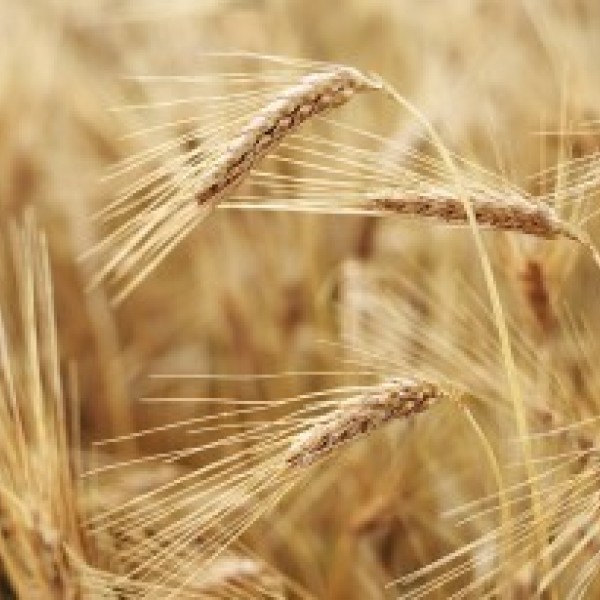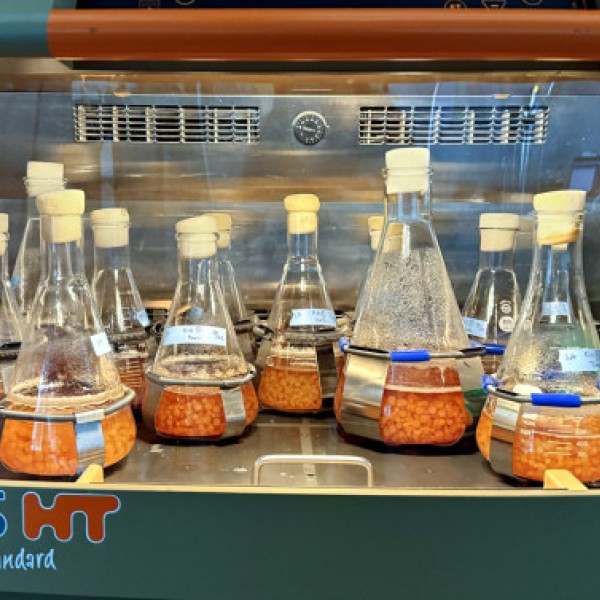Starting this fall, students can choose a new minor in sustainable agriculture and food systems that is designed to help them understand the broad role of ag and food systems in feeding humans and impacting the natural environment.
The multidisciplinary minor, housed in the College of Agriculture and Life Sciences (CALS), requires students to take courses in soil, plant, animal and food sciences, with elective courses available in all of those fields, plus natural resources, biological and environmental engineering, and viticulture and enology. The capstone course is The Global Food, Energy, & Water Nexus.
“Among the greatest challenges of the 21st century are: adapting to and mitigating climate change; providing an adequate, accessible, nutritious, safe and sustainable food supply for everyone on the planet; and ensuring sufficient fresh and safe water for irrigation and household and industrial use. All of those challenges are linked, and all of them will become more critical as we reach an estimated global population of 10 billion people by 2050,” said Dennis Miller, professor emeritus of food science and co-lead faculty member for the new minor. “We believe a multidisciplinary approach is critically important for meeting the challenges we face.”
At Cornell, research, teaching and engagement that advance solutions for a sustainable future are among its core values. Although many courses include learning outcomes related to climate change, this is the first time a defined minor will focus on sustainability in the context of agriculture and food.
As an Ivy League university with a strong agricultural college, Cornell is well-positioned to help train students to become leaders in the field of sustainable agriculture – a field with burgeoning interest among many food producers and consumers, said Xingen Lei, professor of animal science and co-lead faculty member for the new minor.
“Cornell has an incredible strength because of the composition, depth and breadth of our science here. We have a unique opportunity for students to really become leaders in this area,” Lei said. “As a top agriculture college, we need to have this link between food and agriculture production and environmental sustainability.”
Miller and Lei said they expect the minor to attract students from across CALS and throughout Cornell, and this cross section of students will help achieve the multidisciplinary goals of the minor and provide a richer learning experience for students.
Animal science major Chloe Chavez ’23 plans to declare the new minor this fall. Still open to many potential career paths, Chavez knows she wants to work on animal welfare, improving food systems or helping communities build strong agricultural foundations.






